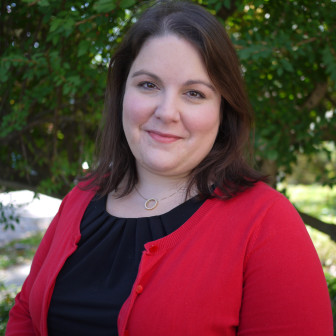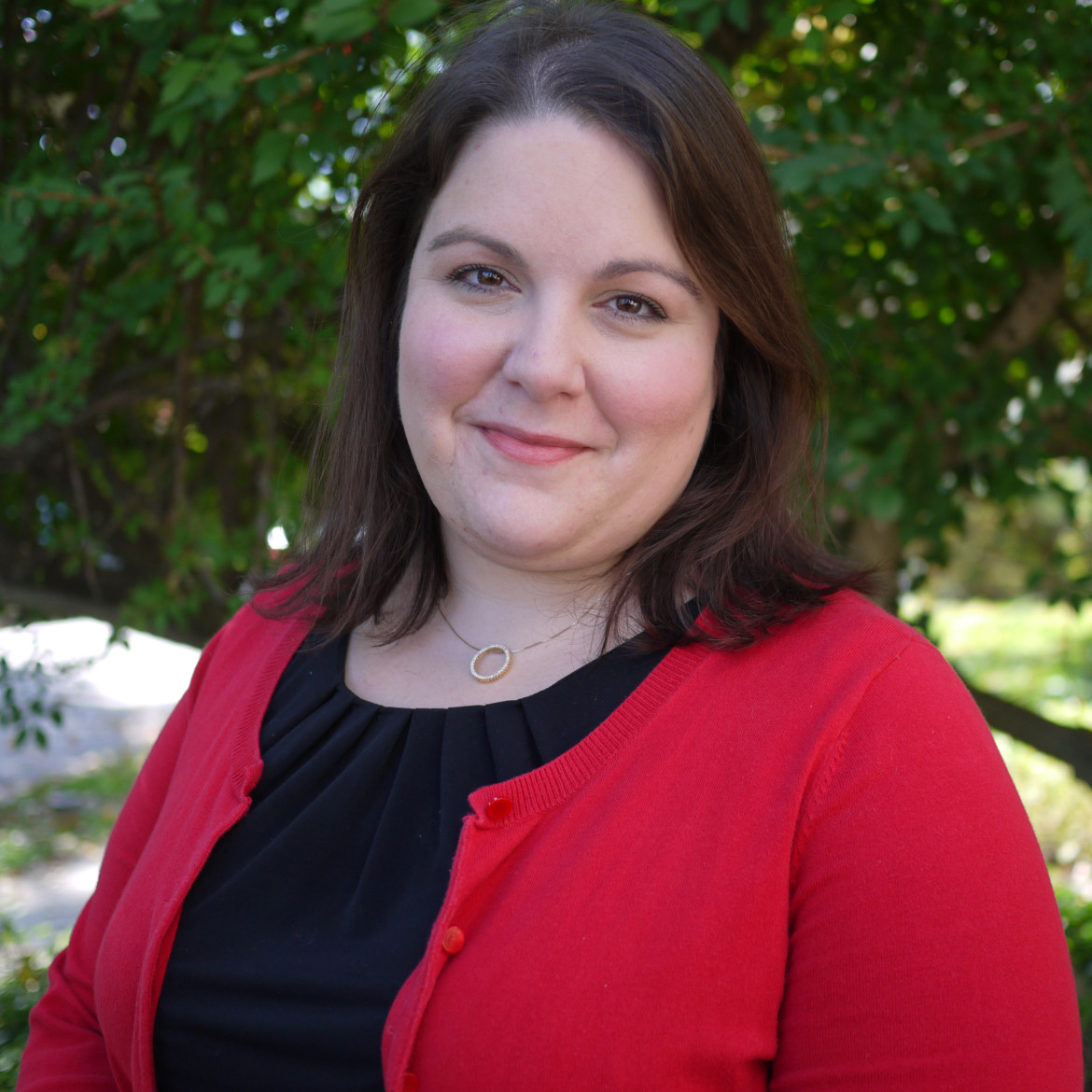 I sat in the back of the courtroom, waiting for my case to be called, and internally rolled my eyes over the attorney at the defense counsel table, a notoriously unprepared lawyer.
I sat in the back of the courtroom, waiting for my case to be called, and internally rolled my eyes over the attorney at the defense counsel table, a notoriously unprepared lawyer.
His client, S.S., a petite, quiet 12-year-old girl, was brought out of custody and the complainant, an adorable 5-year-old girl, was led to the witness stand. (Identifying information and some details have been changed to protect the identity of the children.)
“Your Honor, this is going to be a trial,” the defense attorney said, “although we agree in advance to all of the Commonwealth’s evidence except the identification.” This caught my attention. What was he doing?
I listened as the assistant district attorney read into the records police reports and interviews detailing the allegations that S.S. stabbed her 5-year-old foster sister. I cringed as first the assistant district attorney and then the defense attorney tried to question the 5-year-old about who had stabbed her.
 It was uncomfortably apparent that neither had experience interacting with children, forcing the judge to intercede and begin asking questions. Once the commonwealth rested, the defense’s case consisted of one question, directed at the defendant: “Did you stab your sister?” “No.” Defense rests.
It was uncomfortably apparent that neither had experience interacting with children, forcing the judge to intercede and begin asking questions. Once the commonwealth rested, the defense’s case consisted of one question, directed at the defendant: “Did you stab your sister?” “No.” Defense rests.
I understand that we’ve all had clients who insist on trials, even against the advice of counsel and the overwhelming weight of the evidence. Part of our job as defense attorneys is to ensure that every person is given a zealous defense in a fair trial, should the client so choose.
The most frustrating part of my story, however, came after the trial, as the court moved into the dispositional phase of the proceeding. The defense attorney had absolutely nothing to say about his client — not one word.
He said nothing about the physical abuse his client suffered at the hands of both her parents; nothing about her mother, who abandoned her for days on end to go on drug binges, or that her parents’ rights were terminated before she was 5. He didn’t know she was placed on psychotropic medication before she started kindergarten, or that she didn’t talk until she was 6.
The judge had to uncover that information herself by asking the children’s services social worker, a court mental health liaison and the girl’s long-term foster mother.
Fortunately, the sins of the lawyer were not revisited upon the child. This is an example, albeit extreme, of what can happen if defense counsel is not adequately trained in the specialization of juvenile law and held to an objective standard of practice.
Since its decision in Roper v. Simmons, the U.S. Supreme Court has legally acknowledged what has long been psychologically and sociologically established — that kids are different. The National Juvenile Defender Center (NJDC) and the National Legal Aid and Defender Association (NLADA) recognize that the representation of children in juvenile court is a specialized area of law practice, and that children are different from adults.
The practice of juvenile law encompasses a wide variety of disciplines that no attorney can master without specific training and education. In addition to the substantive law and procedural rules, to ensure high-quality representation, attorneys should receive training on the other competencies that make up a juvenile defense specialization.
If S.S.’ attorney had been well-versed in a few of the common competencies, such as communication with children, dependency court and the mental health of children or child psychological development, S.S. could have had a zealous defense at both the trial and dispositional stages.
[Related: What Science, Common Sense Tell Us About Kids and the Law]
(Other competencies include the collateral consequences of adjudication; child welfare and entitlements; special education; immigration; drug addiction and substance abuse; adolescent psychological development; racial, ethnic and cultural competence; special ethical considerations when working with children; competency and capacity; the role of parents or guardians; sexual orientation and gender identity awareness; transfer to adult court and certification hearings; and school discipline policies and procedures.)
Some jurisdictions have developed tools to assist defense attorneys in developing their juvenile court specializations. NJDC has developed the Juvenile Training Immersion Program, available nationwide, which covers 41 subject areas within juvenile practice.
In my home state, the Juvenile Defenders Association of Pennsylvania (JDAP), with the support of NJDC and the MacArthur Foundation, developed and adopted the Performance Guidelines for Quality and Effective Juvenile Delinquency Representation (2010). The guidelines are an outline of the basic requirements for the zealous advocacy of juveniles and a useful training tool.
JDAP also gives trainings throughout the state, including a Juvenile Defender Bootcamp for new attorneys, on topics pertinent to juvenile practice, such as child and adolescent development, the challenges of representing children in sexual assault cases and case law reviews. Additionally, JDAP manages a statewide email listserve, connecting practitioners throughout the state. In the case of Pennsylvania, some resources are available to those who seek them out.
The problem, both in Pennsylvania and on the national scale, is twofold. The first problem is one of resources. Money, particularly in the nonprofit and governmental fields, is always in short supply. JDAP is solely grant-funded and retains only two paid employees, a full-time training coordinator and a part-time bookkeeper.
JDAP covers the entire cost of training attorneys throughout the state of Pennsylvania — including facilities, transportation for presenters and program materials — in an effort to make their educational opportunities available to a wider swath of the attorney population. (Pennsylvania is the only state that does not provide any money for criminal or juvenile defense.)
As the grants that fund JDAP come to an end, the future of the organization, as well as its ability to provide relevant, high-quality education, rests on its ability to unearth new funding sources. A steady, permanent funding stream — either through the state or federal government, or through a well-endowed nonprofit — would alleviate this problem.
A statewide juvenile defense training organization in every state, fully funded, would provide practitioners with the necessary resources to zealously advocate for their clients.
The second problem is one of expectation. Bar associations, state licensing agencies and judicial districts are in a unique position to provide the classic “carrot and stick” incentives. Because juvenile practice is a specialization — as recognized by all major national legal organizations as well as the Supreme Court — it should be treated as such by those agencies and organizations that certify attorneys to practice. Some jurisdictions, most recently Florida, do offer a “board certification” in juvenile law, but it is not a prerequisite to practice in family court. I do not know of any jurisdiction that requires certification as a prerequisite.
To represent clients in capital homicide cases in Pennsylvania, for example, the attorney must be certified to do so by the bar association and maintain that certification with specialized continuing legal education courses throughout the year.
Given the acknowledged uniqueness of juvenile practice, a similar scheme should be implemented for those who practice in family court. The failure to be certified would bar an attorney from practicing in family court; this is the “stick” to ensure compliance.
Many attorneys may complain that the small fees they receive for handling court-appointments do not cover the time and expense required to become certified in juvenile practice. Herein lays the “carrot”: The fees paid to certified practitioners of juvenile law must be higher. The higher fee would reflect both the accomplishment of the advanced specialization, as well as provide additional funds to cover the cost of continuing education.
In testimony to the Pennsylvania Interbranch Commission on Juvenile Justice, in the wake of the infamous “kids for cash” scandal, former part-time Luzerne County Chief Public Defender, Basil G. Russin, said, “And, you know, quite frankly, we had no training. When I went to Denver a couple of weeks ago for the National Juvenile Summit it was the first training I ever had in 36 years on juvenile law. And my eyes were like saucers.”
This is inexcusable. What happened to S.S. is inexcusable. As stakeholders in the juvenile justice system, we are obligated to ensure that each child is afforded high-quality zealous representation. To avoid cases like that of S.S., we must ensure that all attorneys who represent children are capable and certified to do so.
Adrienne Winney is assistant public defender of the Juvenile Special Defense Unit at the Defender Association of Philadelphia.
More related articles:
Youth Voices Are Central to Effort to Reauthorize JJDPA
U.S. Should Adhere to Global Standards in How We Treat Our Youth
